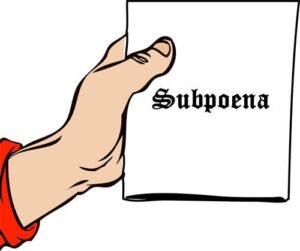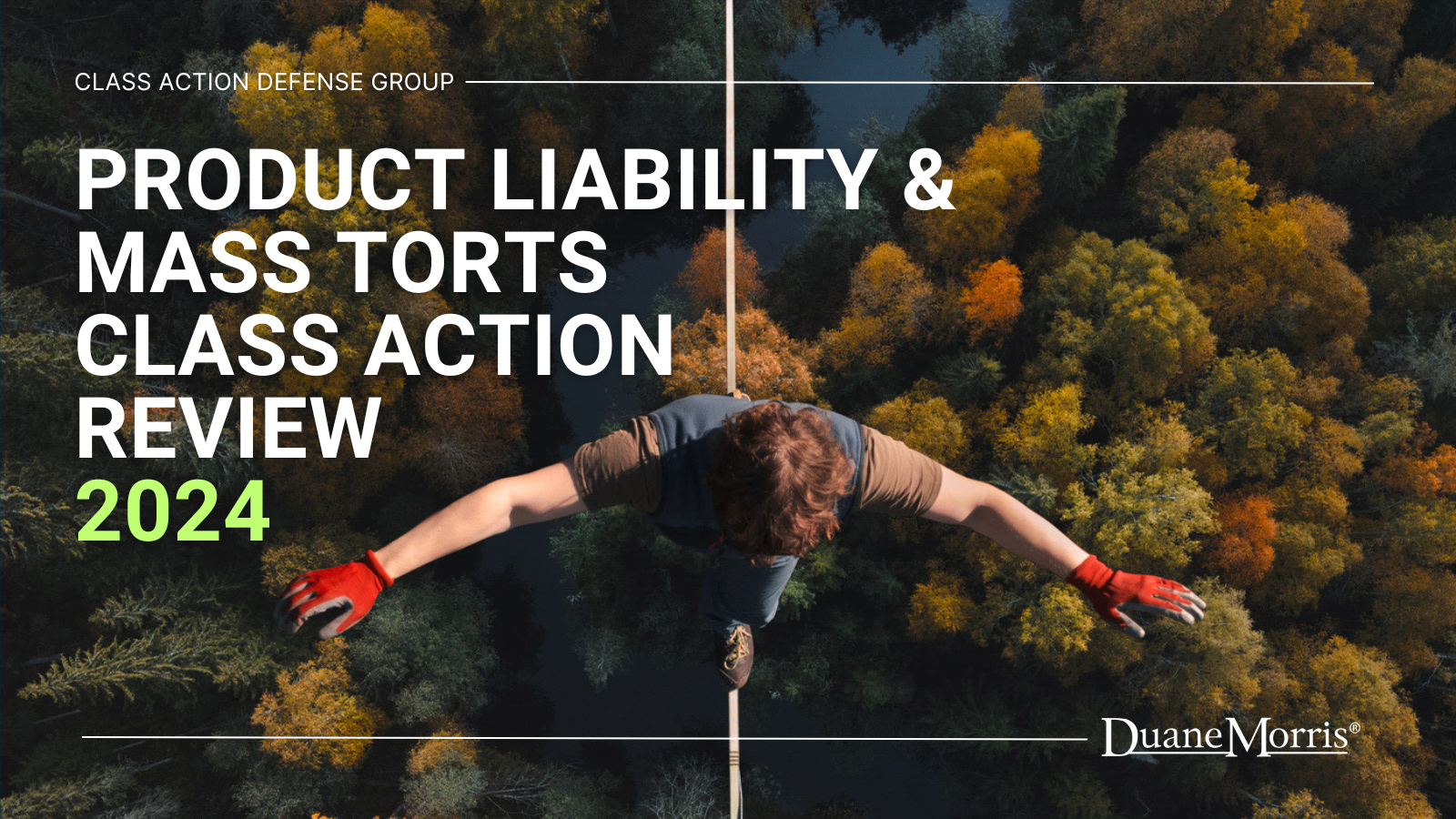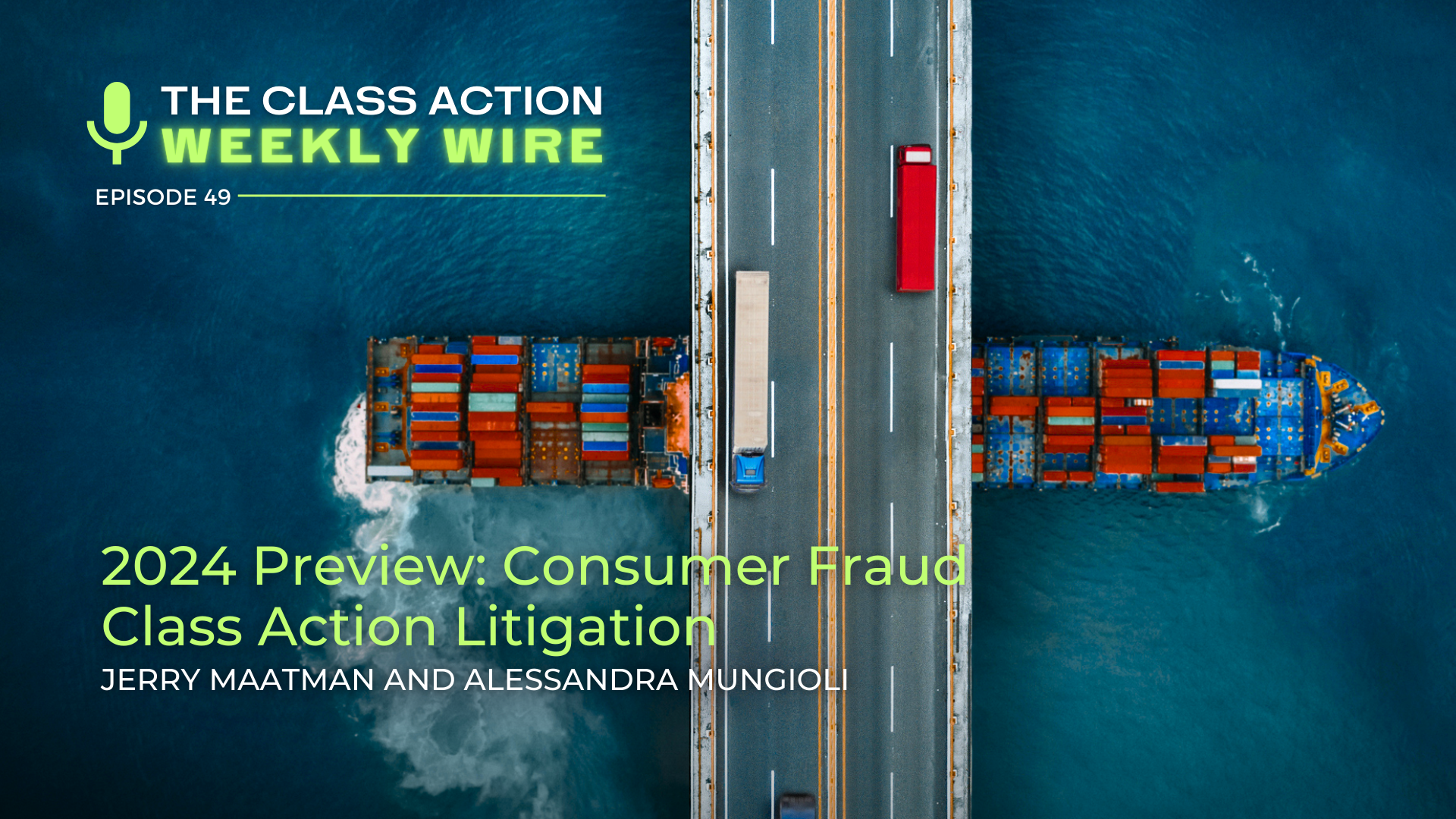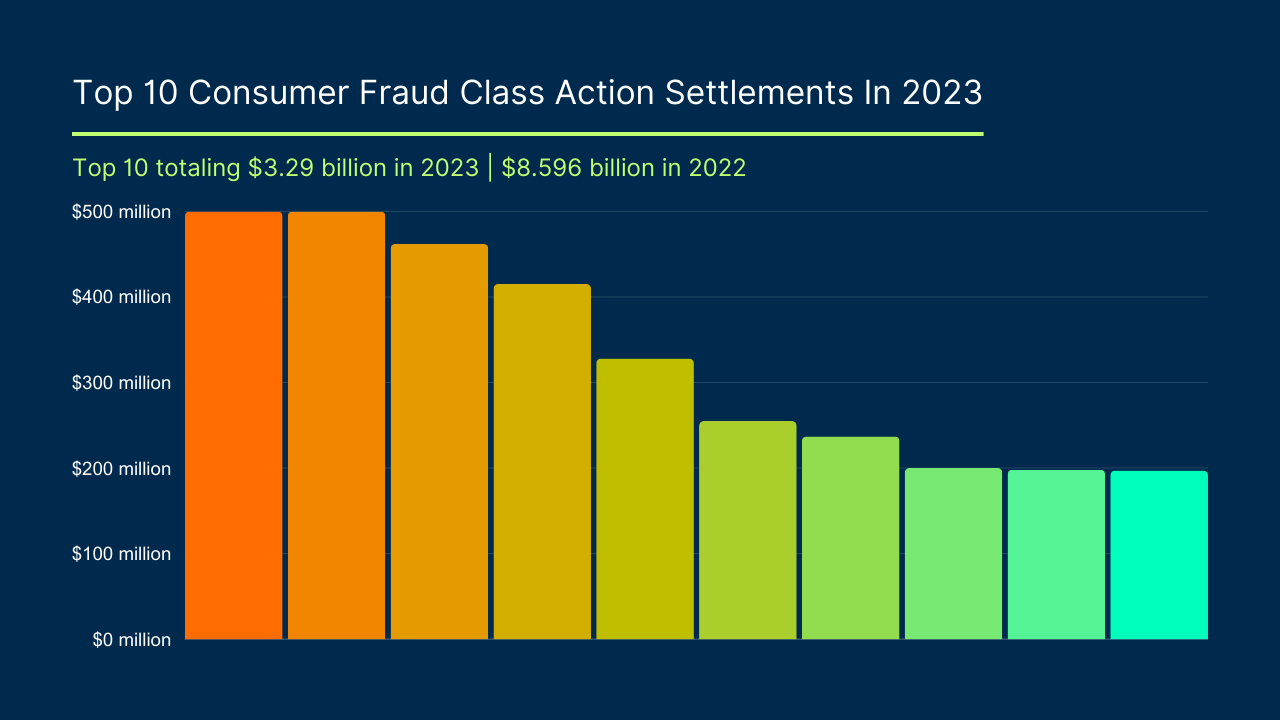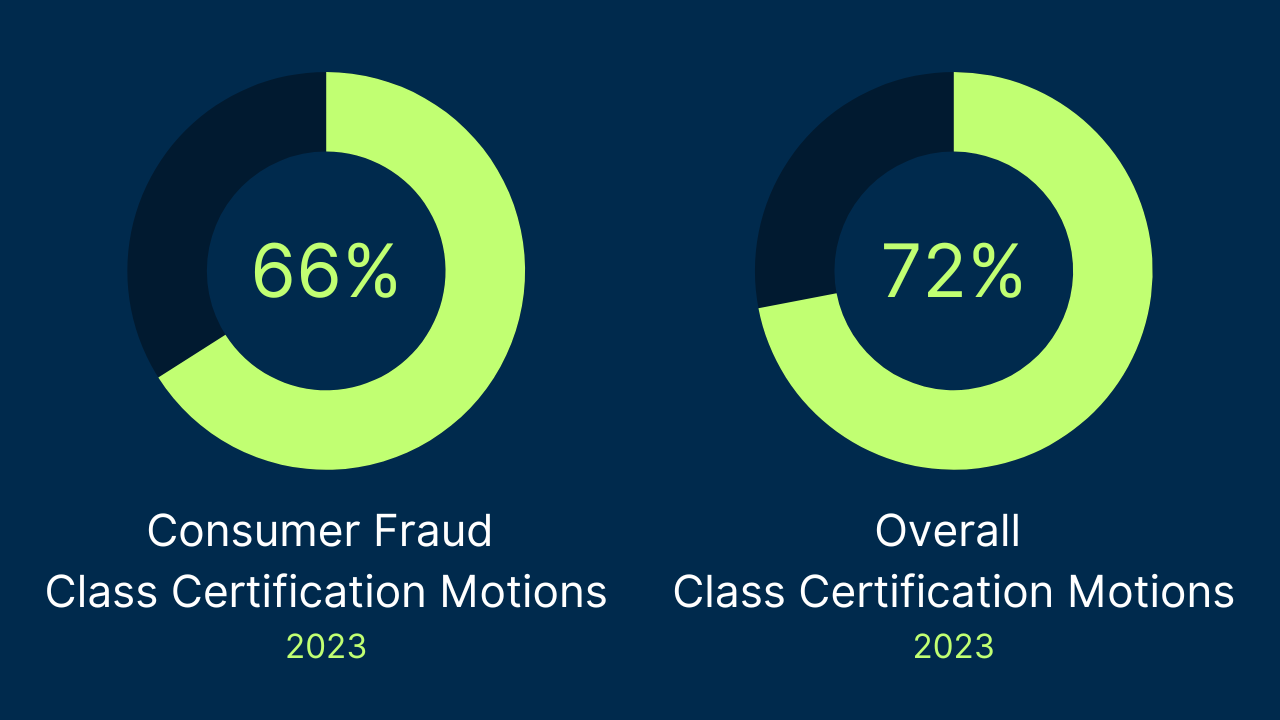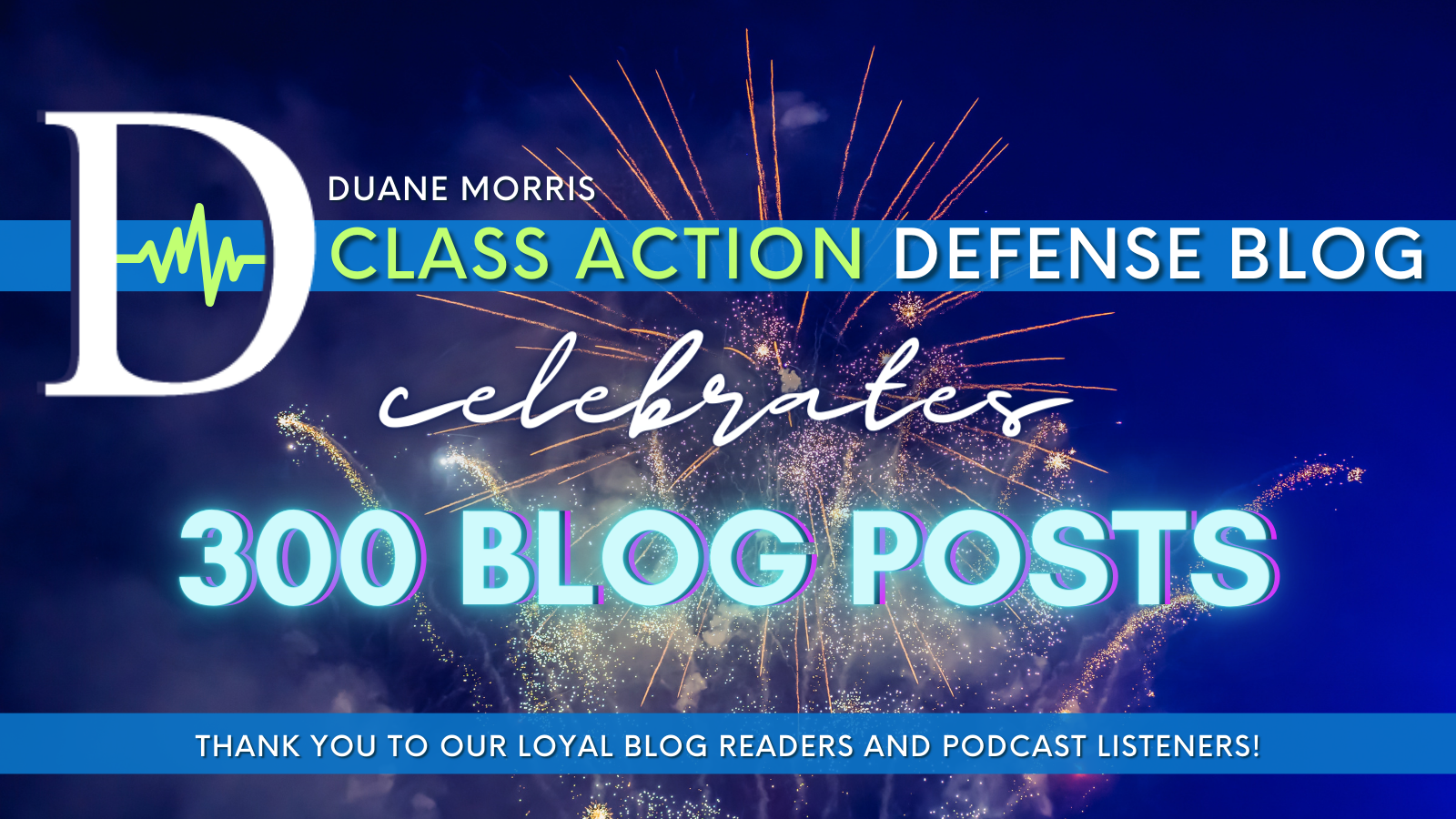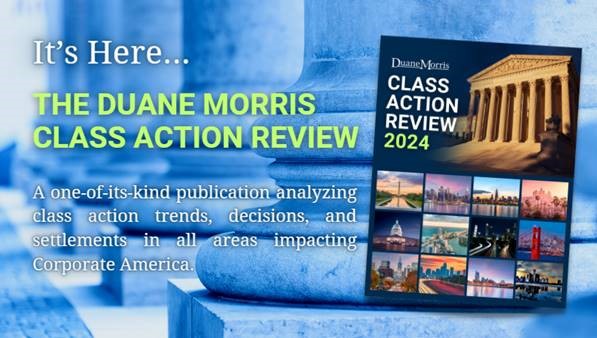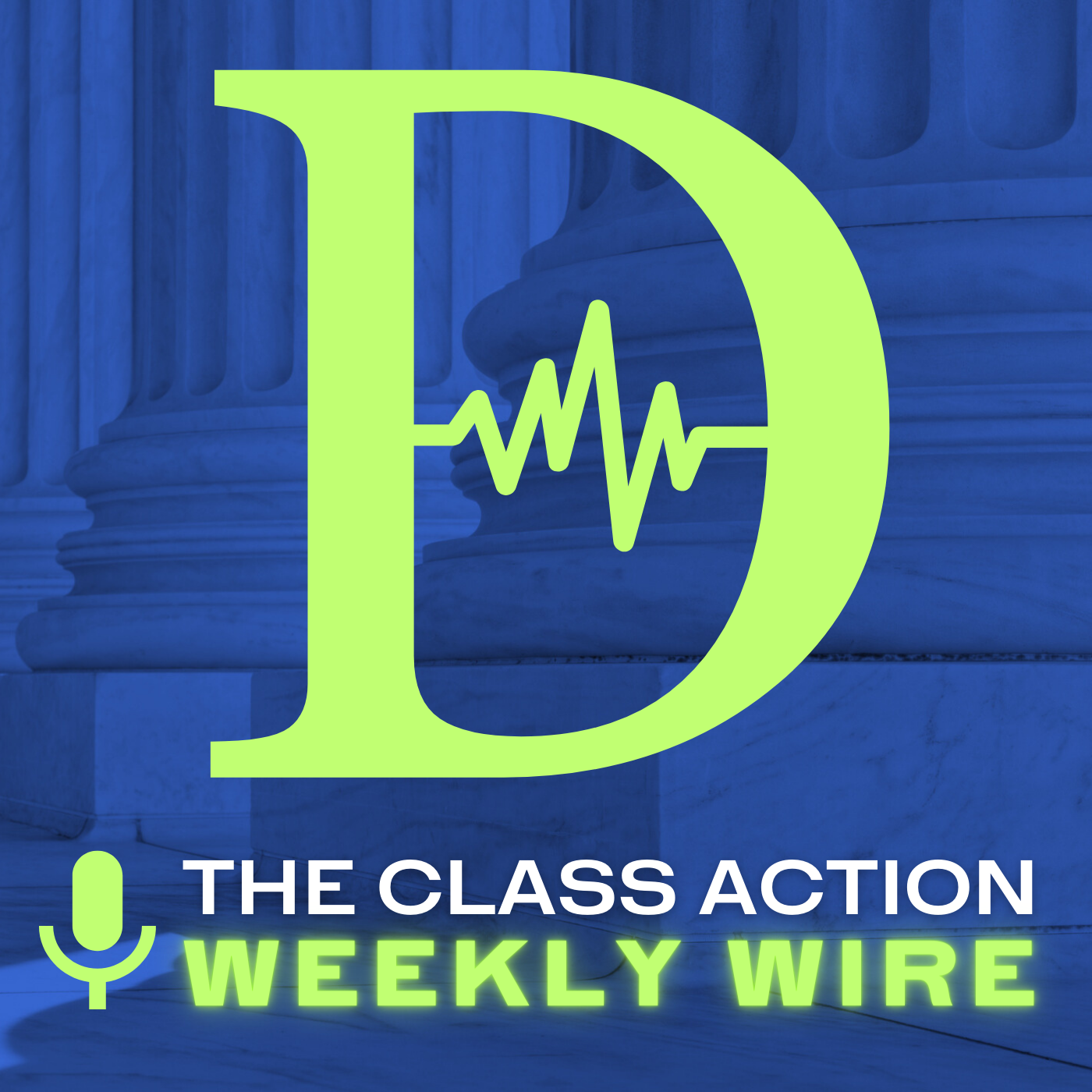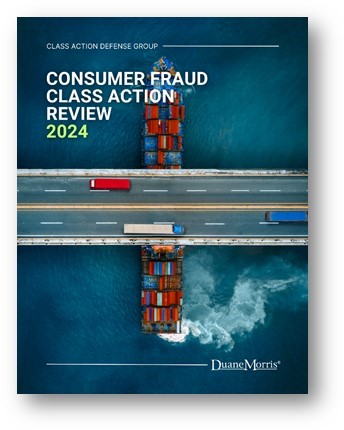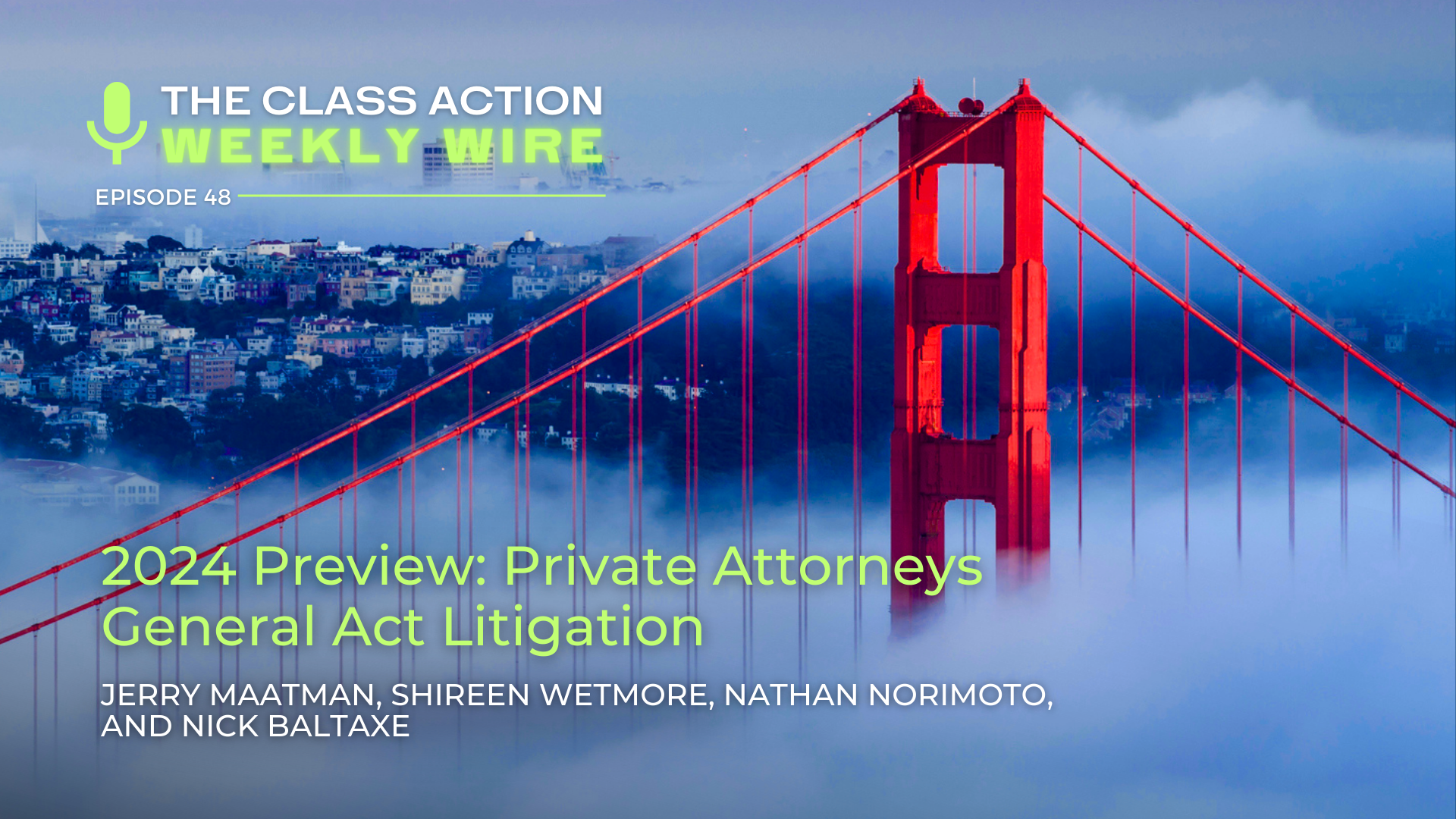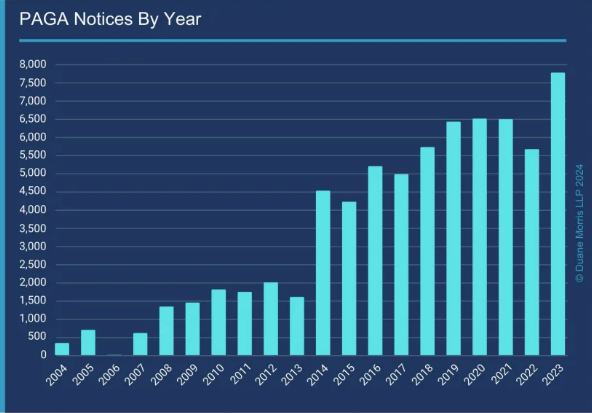 By Ryan T. Garippo, Nicolette J. Zulli, and Gerald L. Maatman, Jr.
By Ryan T. Garippo, Nicolette J. Zulli, and Gerald L. Maatman, Jr.
Duane Morris Takeaways: On March 29, 2024, in EEOC v. Phoebe Putney Memorial Hospital, Inc., No. 1:17-CV-201 (M.D. Ga. Mar. 29, 2024), Judge Leslie Gardner of the U.S. District Court for the Middle District of Georgia held that even minimal evidence for the EEOC’s claims may be sufficient to find that its failed lawsuit is not frivolous. Consequently, employers may be forced to pay their own attorneys’ fees even where the claims against them are lost at trial by the Commission. The decision in EEOC v. Phoebe Putney Memorial Hospital, Inc., is well worth a read by corporate counsel facing government enforcement litigation.
Case Background
In 2015, Phoebe Putney Memorial Hospital, Inc. (“Phoebe”) hired Wendy Kelley (“Kelley”) as a medical records analyst for a shift that typically ran from Monday through Friday. Kelley, however, understood that she needed to work weekends from time to time. Hence, when another employee went on maternity leave, Phoebe asked Kelley to cover some Saturday shifts. Instead, Kelley met with her doctor the next day to discuss an ongoing generalized anxiety disorder diagnosis.
Among other things, Kelley’s doctor recommended that she “take Saturdays and Sundays off work when she had to take an increased dose [of medication] at the end of a stressful workweek.” Id. at 6. As a result, Kelley submitted a request under the Americans with Disabilities Act (“ADA”) and asked not to work weekends. Phoebe explained that it is “a hospital and [it is] open on the weekend” and it could not accommodate the request. Id. at 8. Phoebe did, however, offer Kelley two days off in a row to give her time to take her medication. At the time, it appeared that this solution would work for everyone. Kelley then submitted another request for time off — this time for two weeks straight — citing her generalized anxiety disorder. Phoebe denied that request and explained that it could not cover her shifts. Kelley then refused to come into work. Accordingly, Phoebe terminated Kelley’s employment.
The Equal Employment Opportunity Commission (“EEOC”), on behalf of Kelley, filed a lawsuit alleging a violation of the ADA. The EEOC asserted that Phoebe fired Kelley because of a perceived disability. Ultimately, Phoebe filed a motion for summary judgment, which was denied, and the EEOC went to trial on Kelley’s claims. The jury sided with Phoebe on the basis that “Kelley’s request for accommodation was not made in good faith,” among other findings. Id. at 1. This verdict prompted Phoebe to file a motion for attorneys’ fees and costs that argued the entire lawsuit was frivolous.
The Court’s Decision
Judge Gardner denied Phoebe’s request for its attorneys’ fees and costs.
The Court explained that attorneys’ fees in ADA cases can be awarded only if the claim itself is frivolous. Courts consider three factors to make such a determination, including “(1) whether the plaintiff established a prima facie case; (2) whether the defendant offered to settle; and (3) whether the trial court dismissed the case prior to trial or held a full-blown trial on the merits” along with other considerations in the Eleventh Circuit. Sullivan v. Sch. Bd. Of Pinellas Cnty., 773 F. 2d 1182, 1189 (11th Cir. 1985) (citations omitted). Additionally, even if a plaintiff’s evidence is “weak,” she may be able to defeat a request for attorneys’ fees if there is “any evidence to support [her] claims.” Id.
Based on these principles, the Court held that Kelley’s testimony, even if weak or unpersuasive, was sufficient to establish her prima facie case for the EEOC’s claim of an ADA violation. The Court relied on that testimony to deny summary judgment. The Court stated as long as Kelley had “any evidence” for her claim, the lawsuit was not frivolous. That testimony, along with some medical records, qualified as such evidence. Further, the Court explicitly noted that Phoebe “did not offer to settle” and, therefore, the Court could not determine that this factor cut in Phoebe’s favor. Id. at 8.
Implications Of The Decision
The EEOC is an aggressive litigant. This decision demonstrates that even when the Commission loses its claims, companies nevertheless may have to foot the bill for their attorneys’ fees. Establishing an entitlement to attorneys’ fees is an uphill climb.

